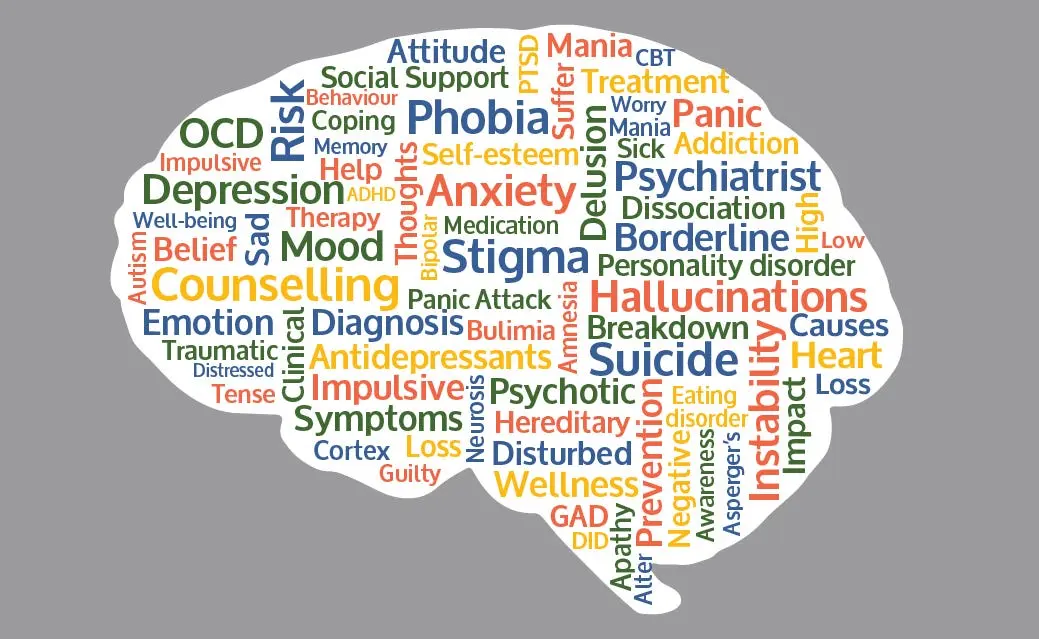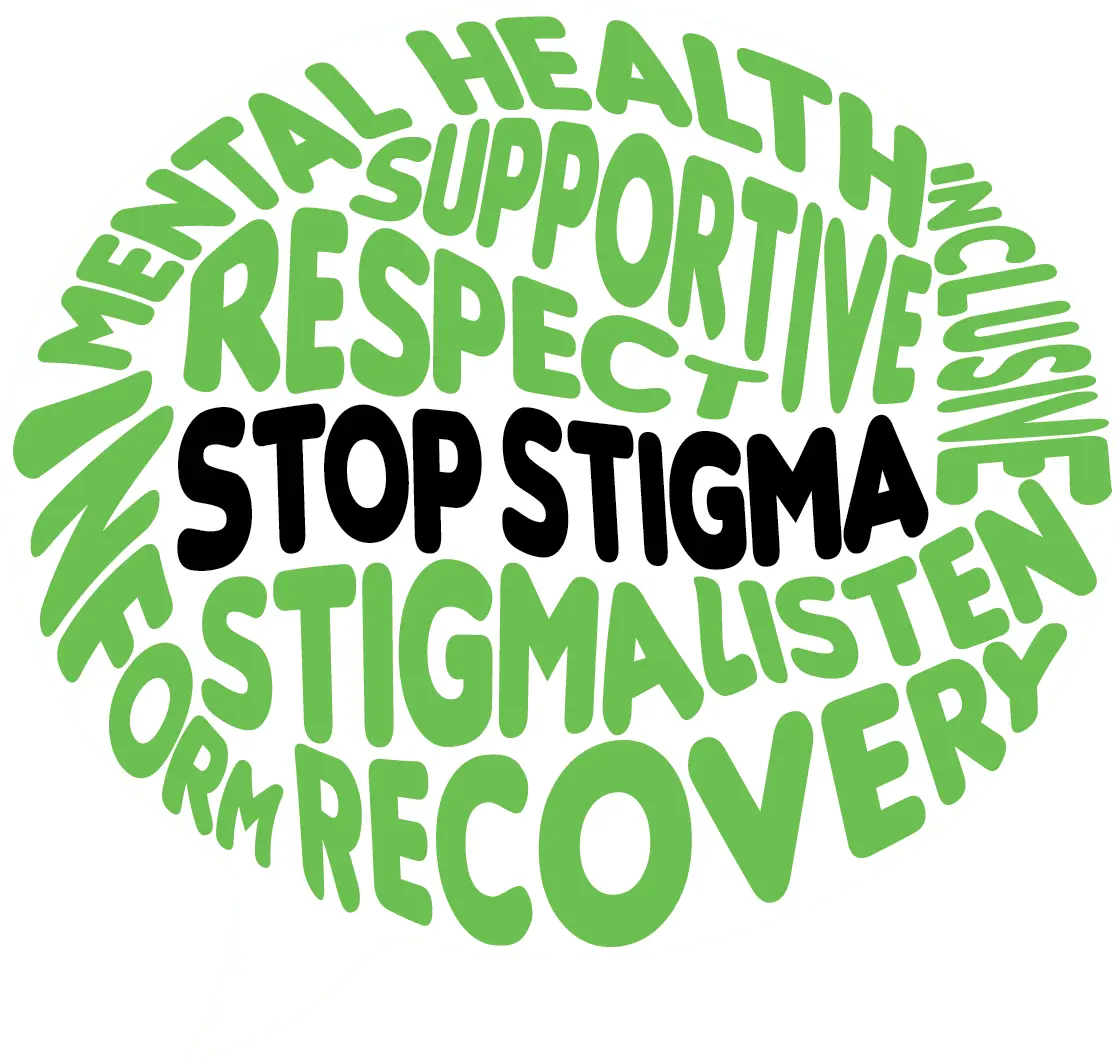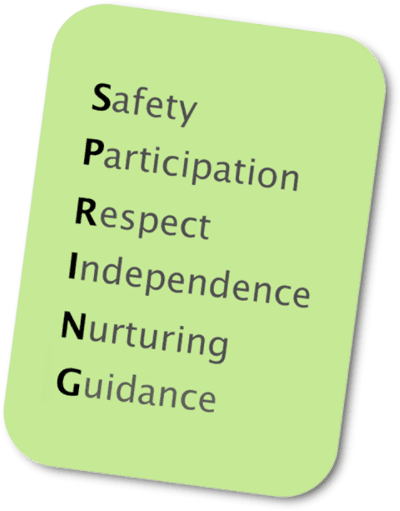Mental health is a crucial aspect of well-being, and social workers play a vital role in providing support, advocacy, and interventions. They help individuals navigate challenges, reduce stigma, and promote equitable access to mental health services.
The blog addresses the stigma surrounding mental health, its impacts on daily life, and the importance of seeking help. It highlights actionable steps to foster understanding, create supportive spaces, and promote recovery.
Mental health is integral to overall well-being, yet it often remains overlooked and misunderstood. Whether it’s stress, anxiety, depression, or other mental health challenges, the stigma surrounding these issues can make it difficult for individuals to seek help. But understanding mental health and supporting those who struggle with it can change lives.
What is Mental Health
Mental health refers to our emotional, psychological, and social well-being. It influences how we think, feel, and behave in everyday life. Mental health challenges can stem from various factors, including biological predispositions, traumatic experiences, or environmental stressors.
Just as physical health conditions like diabetes or hypertension require care and attention, so do mental health conditions. Common disorders such as depression, anxiety, PTSD, and bipolar disorder affect millions globally. Unfortunately, societal stigma often leaves people feeling isolated, judged, or unsupported.
Understanding the Stigma
The stigma around mental health can be direct or indirect:
- Direct stigma manifests in discriminatory actions, such as workplace bias or social exclusion.
- Indirect stigma stems from societal norms or cultural misunderstandings that perpetuate stereotypes.
For example, individuals may be labelled as “weak” or “attention-seeking” simply for experiencing mental health issues. These misconceptions create barriers to seeking help, leading to prolonged suffering and adverse outcomes.

What are some ways that mental health challenges impact individuals and their daily lives?
Untreated mental health conditions can have far-reaching consequences:
- Physical Health Deterioration
Mental health and physical health are closely intertwined. Conditions like chronic stress can contribute to illnesses such as heart disease, obesity, or diabetes. - Strained Relationships
Mental health issues can make it difficult to maintain healthy relationships, leading to feelings of loneliness and alienation. - Workplace Challenges
Individuals may struggle with focus, productivity, or interpersonal communication, potentially impacting their careers. - Quality of Life
Persistent mental health struggles can diminish one’s ability to enjoy life and fulfil personal goals.

Steps to Break the Stigma
- Start the Conversation
Mental health should be as openly discussed as physical health. Talking about your experiences or simply checking in with others can foster understanding and normalize the topic. - Educate Yourself and Others
Learn about mental health conditions, their causes, and how they can be managed. Sharing accurate information helps dispel myths and stereotypes. - Encourage Help-Seeking Behaviour
Seeking help is a sign of strength, not weakness. Promote resources like therapy, counselling, or support groups to those in need. - Foster Inclusive Spaces
Create environments where individuals feel safe discussing their mental health without fear of judgment or discrimination. - Advocate for Systemic Change
Support policies and initiatives that improve access to mental health care and education.
What would you do if you suspect someone is struggling with their mental health?
If you notice signs of mental health struggles in someone, consider these steps:
- Approach with Empathy
Listen without judgment and show that you care. A simple, “How are you really feeling?” can make a big difference. - Provide Resources
Share contact information for mental health professionals or helplines. - Encourage Professional Help
Suggest seeking advice from a therapist or counsellor while respecting their autonomy. - Follow Up
Check back in to show continued support and interest in their well-being.
Empowering Individuals with Mental Health Challenges
Empowerment is the foundation of effective mental health support. It involves:
- Listening: Understanding their needs and aspirations.
- Collaboration: Co-creating a plan that aligns with their goals.
- Respect: Treating individuals as active participants in their care.
Empowered individuals gain confidence, leading to a better quality of life and improved mental well-being.
Activities to Build Independence
Engaging in meaningful activities encourages independence and enhances life skills. Some key activities include:
- Daily Life Skills: Cooking, managing finances, and maintaining a home.
- Social Engagement: Group outings, hobby clubs, or game nights to reduce isolation.
- Education & Creativity: Workshops on academic interests, art, or music.
Supporting individuals promotes their independence, well-being, and sense of belonging.
Seeking Help: A Vital Step
Everyone’s mental health journey is unique, and finding the right support system is key. Therapy, medication, lifestyle changes, and peer support can all play significant roles in recovery. No one should feel ashamed to seek help—it’s a courageous step toward a healthier life.
Many organisations and helplines offer immediate and long-term support for those in need. For example, organisations like Mind and Samaritans in the UK provide accessible mental health resources.
Creating a Better Future
As individuals, communities, and societies, we have the power to change how mental health is perceived and treated. Breaking the stigma starts with each of us: talking openly, supporting those in need, and advocating for a future where mental health is prioritized just as much as physical health.
Together, let’s ensure that no one suffers in silence. Mental health matters and it’s time we give it the attention and care it deserves.
Resources for Support
- Mind UK: www.mind.org.uk
- Samaritans: Call 116 123 or visit www.samaritans.org
- NHS Mental Health Services: Contact your GP or visit www.nhs.uk
Written by Rose Wasam

